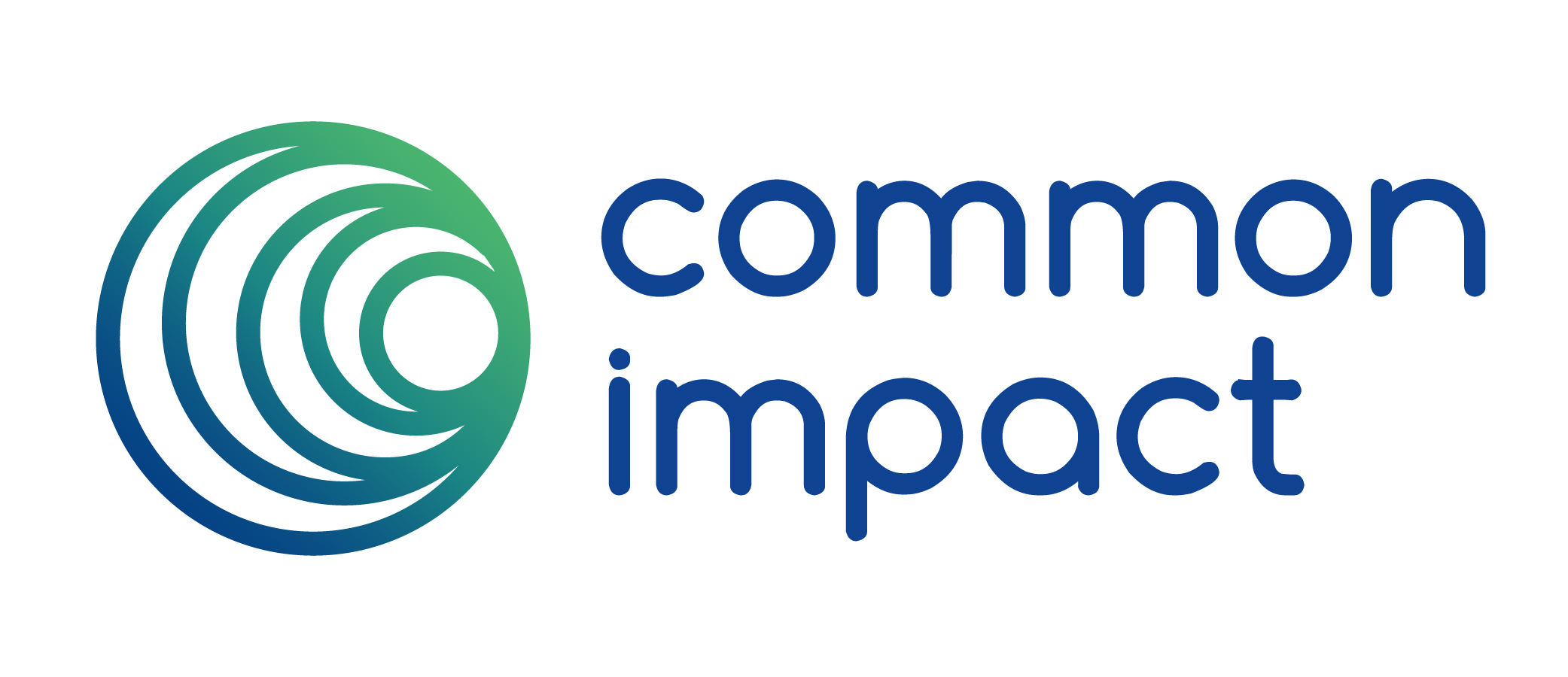Asian American Leadership Spotlight: Stuart Shih, Fidelity Investments
Common Impact Leadership Spotlight: Stuart Shih, Fidelity Investments
In honor of Asian American Pacific Islander Heritage Month, Common Impact is spotlighting members of the AAPI community who are making a difference every day through their careers and social impact work. Today we hear from Stuart Shih, Director, Architecture at Fidelity Investments, about authentic leadership, active listening, and his recent workforce development skills-based volunteering project with Skills for Rhode Island’s Future.
At Common Impact, we know that professional skills are superpowers. What are some of the “superpowers” you practice every day in your work at Fidelity?
The reality for most of us is that we have to work hard to build up these skills, so the word “practice” captures this perfectly. The skill I use every day is active listening where you commit to listening to what someone is saying before you think and respond. There are two parts to this skill: 1) focusing your attention and 2) keeping an open mind to what is being said. The former is more important than ever as many of us are working remotely and on Zoom calls all the time. We are dealing with a myriad of distractions from our home environment, constantly thinking about how to solve the current issue and the next, and being inundated with emails and team chats. The latter allows us to be open to new ideas and viewpoints, which ultimately provides better options to pick from to reach a final solution.
You recently lead a Common Impact skills-based volunteering project for Fidelity Investments and partnered with Skills for Rhode Island’s Future to develop the Work-Based Learning Navigator, a free online tool to connect public school students to career exploration opportunities. Can you share why this tool is so important right now and what the creation process was like?
We want to make sure that students have access to work-based learning opportunities to explore careers they might be interested in and for businesses to start engaging those students so they can build a pipeline for the future workers they need. It's a mutually beneficial partnership. When I think back on my work experiences as a high school student, I was fortunate enough to have a connection to a family friend who provided me an opportunity to get my foot in the door early on. This opportunity allowed me to grow my interest and skills in Information Technology, which is the industry I work in today. The Skills for Rhode Island team is making these opportunities available to more students through PrepareRI and scaling that statewide initiative through the PrepareRI Work-Based Learning Navigator.
The PrepareRI Work-Based Navigator can be viewed as a 2.0 version of the NC Navigator, where Fidelity partnered with the North Carolina Business Committee for Education (NCBCE) with the same goal of connecting North Carolina employers with the NC education system. While we didn't end up reusing any of the code from that website, we were able to leverage many of the ideas and learnings from that experience.
Working with the Skills for RI team and Common Impact, my team of Fidelity skills-based volunteers looked at the current matching process for these work-based learning opportunities and imagined how this would work as an online marketplace. This was an iterative process where we would draw and discuss ideas, implement prototypes, get feedback, and repeat. This feedback cycle continued through the development of the website as well. While this approach is widely used in software development, it's not something that is usually done with a shorter, time-boxed project with volunteers who have varying availability. Nevertheless, we made it work and created a product that all of us are proud to have contributed to. That is a reflection of the all the hard work, open dialogue, and flexibility displayed by the teams involved.
How did leading this skills-based volunteering project impact you personally?
I am fortunate enough to work for a company that provides (and actively encourages) their associates opportunities to work and strengthen our ties with the local community. I've done a few projects with Citizen Schools and this is my second Common Impact project. While the main goal is always to give back to our community, volunteering also provides a chance to network and work with other Fidelity associates you might never get a chance to meet. From a professional development perspective, you can challenge yourself in a whole slew of ways. With the Navigator work, I was able to wear multiple hats and act as an analyst, architect, developer, and documentation writer. I really enjoy longer term, skills-based volunteering engagements since they provide avenues to sharpen and hone both your soft and technical skills.
What is one of the most important lessons in leadership you’ve learned?
You need to be an authentic leader. This means leading by example and leading with your head and heart. At Fidelity, I have a dual role where I am a coach and player on a software architecture team. In the management role, my job is to provide guidance and direction, listen, and help remove barriers that prevent my team from making progress. In the individual contributor role, my job is to work with other teams to help them design and build software solutions. While technical ability is important for driving solutions and decisions in both these roles, emotional intelligence is where you show your true authentic self and connect on an individual level. Do you understand the pain points? Do you understand the differing viewpoints and why one might feel strongly one way or another? Can you admit when you are wrong or ask for help? All the great leaders and managers that I've worked with (and now try to emulate) constantly ask and can answer these questions.



